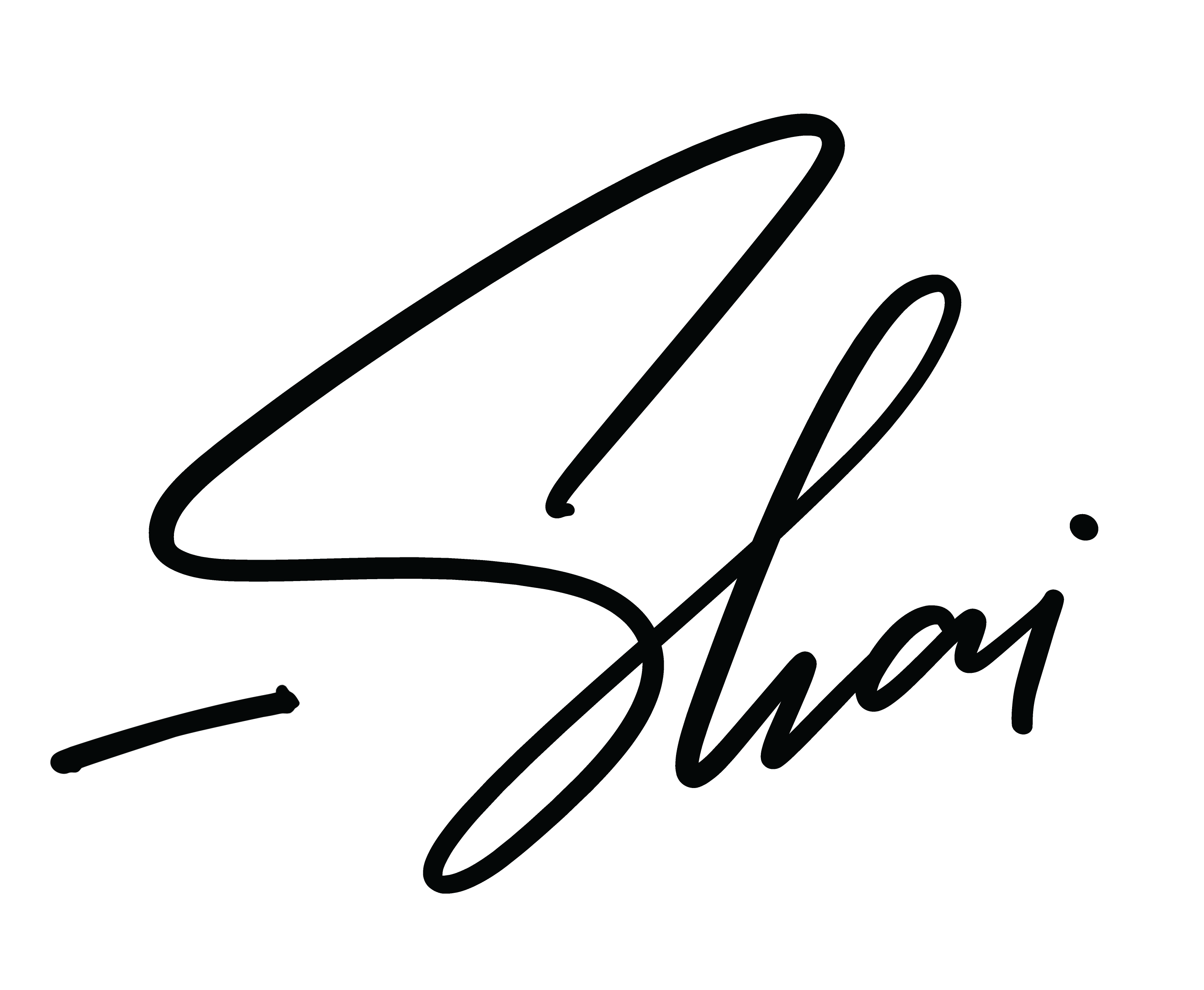Really interesting idea from The Courage To Be Disliked…
That we don’t act how we act because of things that happened to us in the past (cause and effect). “aetiology”.
Rather we act how we act in order to reach some goal in the future. “teleology”.
For example: I might say that I react with a short temper because that’s how I always saw other people responding as a child. Or because of some hardship in my life that caused me to be angry. Or because the thing I’m reacting to was outright anger-inducing.
Teleology would argue that that’s just a lie I’m telling myself. That the real reason I react with a short temper is to feel superior. Or to try to control the other person. Or to feel safe by continuing to play out the same dynamic I was raised witnessing. Or even to be disliked because that feels safe or fulfils my maintaining a narrative about how I’m viewed by others.
I’m not going to comment on whether this theory is objectively true. Call me a fallibilist but I don’t think objective truth particularly exists or is helpful here.
Regardless, I do think it can be an incredibly useful model.
Because it creates the possibility for change.
If we use the aetiological / cause-and-effect model we’re suggesting change is out of our control. The way we act isn’t our fault, it’s the fault of whatever happened before, and change is impossible.
We’re blaming other people or situations for our actions.
By shifting this to a model where everything we do is in pursuit of some future purpose, we’re taking all the blame, responsibility, but also power (thanks, Spiderman), back to ourselves. Because once we accept that we’re acting in pursuit of some undesirable goal we can change that goal and subsequently change our action.
This can be a tough pill to swallow. It’s uncomfortable accepting blame. It’s uncomfortable acknowledging that we’re ‘choosing’ to act toward a goal of keeping ourselves unhappy / in negativity!
But in my experience, at least, there’s a lot of truth in it. When I look very carefully at some of my own actions where it’s easy to blame someone or something else, I can totally see some level of wanting to maintain the image of someone hard-done-by or ‘less than’.
As soon as I truly recognise that I’m acting in an attempt to keep that self-image in place—that I’m acting toward a goal of unhappiness!—it becomes a no-brainer to change that goal to a healthier one, and subsequently change the action to match.
But it takes tremendous courage to admit that things are imperfect and open up to that change.
